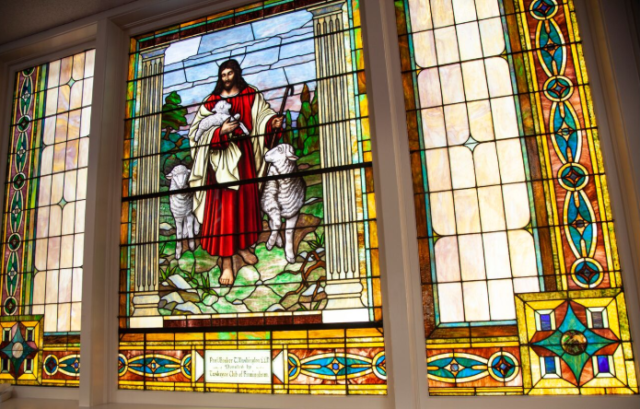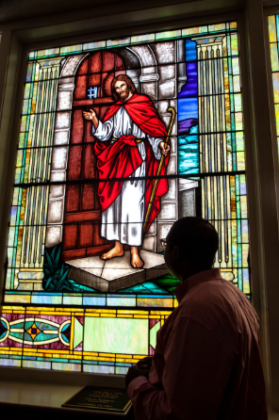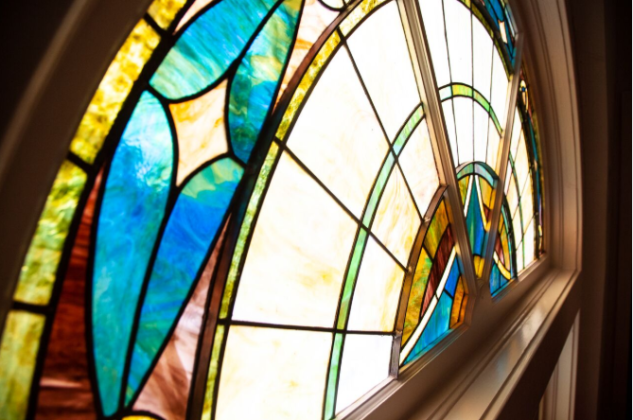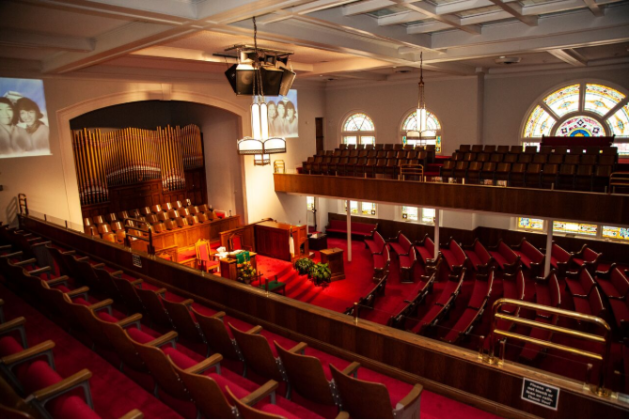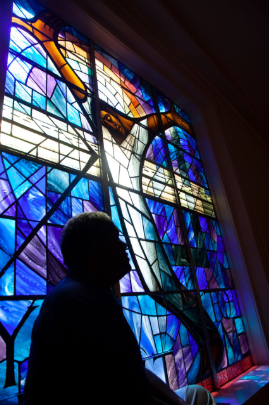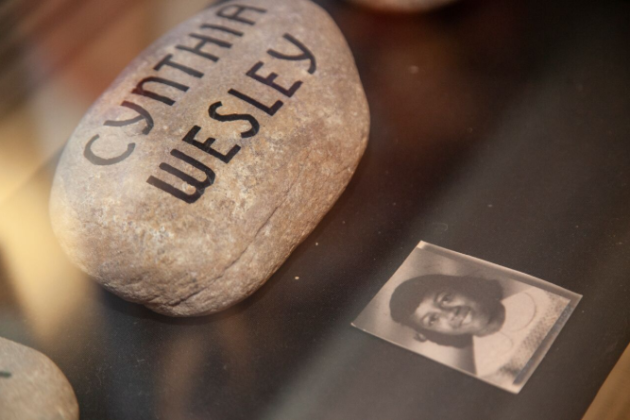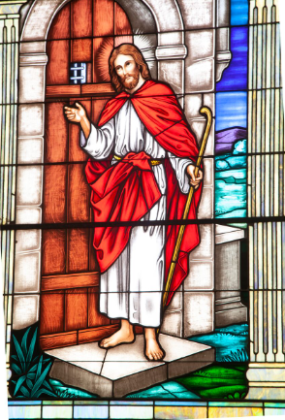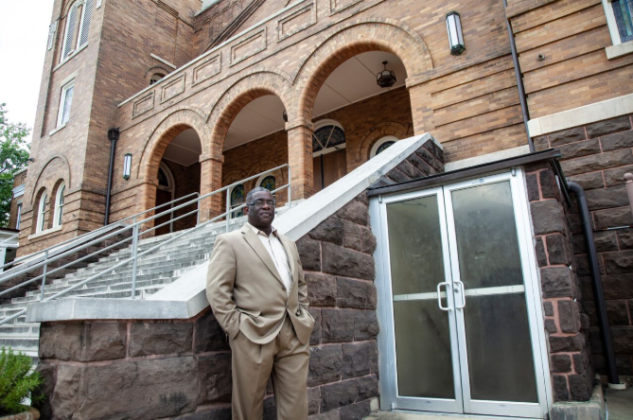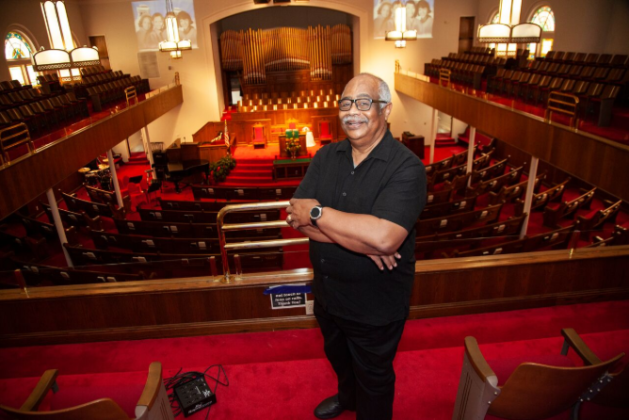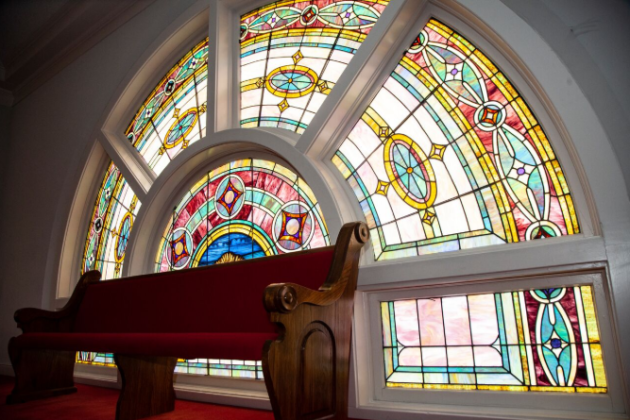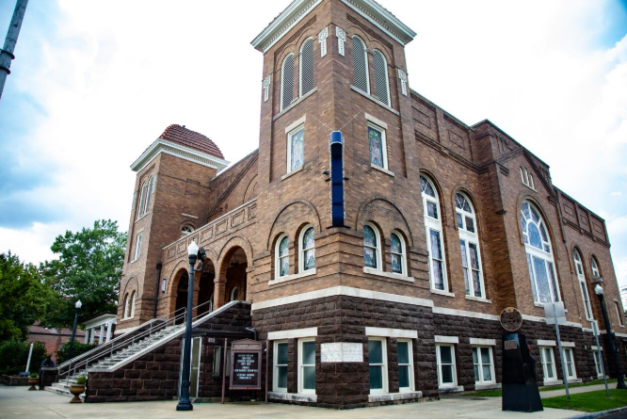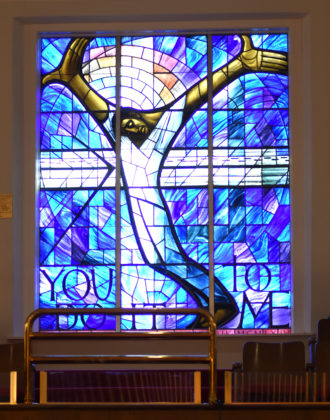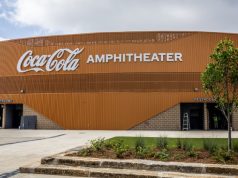By Erica Wright
The Birmingham Times
To get a glimpse of history in downtown Birmingham start by looking at the stained-glass windows of Sixteenth Street Baptist Church. During a recent interview there, Theodore Debro, chairman of the church’s board of trustees, pointed at the windows to explain the importance of preserving history.
“When you walk around [and look at] the stained-glass windows and see the names, societies, and clubs [etched] on those windows, [you’ll notice that] they really tell the story of our African-American history …,” he said.
“[Many of] the windows have the names of former ministers at the church. One is dedicated to Booker T. Washington, [the dominant leader in the African-American community in the early 1900s]. The stained-glass window at the top of the church in the balcony [that depicts] Jesus Christ on the cross — – known as the “Wales Window “ — was presented by the people of Wales after the bombing in 1963; it was made by John Petts, [a Welsh artist who is renowned for his engravings and stained glass].
“We’ve had those repaired, and we’re now asking for protection to go on the outside of those windows so nothing will damage them.”
Historic Structures
Birmingham is home to several historic buildings, sites, structures, districts, and cultural landscapes that are worthy of preservation, including Rickwood Field in West Birmingham; the Ramsay-McCormack Building in Ensley; the Arthur George “A.G.” Gaston Motel in downtown Birmingham and the Finley Roundhouse, once a hub of railroad operations for the Magic City, in Northwest Birmingham. Sixteenth Street Baptist Church—a longtime fixture in the city that served as a center of activity during the Civil Rights Movement—recently launched a month-long effort as part of the Partners in Preservation competition for funding. The goal is to raise $150,000 that will go toward placing protective glass over the recently restored stained-glass windows, as well as repairing the cupola — (a small dome-like structure adorning a roof or ceiling) in the center of the church, which features a skylight that illuminates the inside of the building — and the two bell towers, which need brick work and repainting.
During the recent tour, Debro, who also serves as chairman of the church’s Strategic Planning Committee, pointed out that the basement was once “the epicenter for schools and businesses for African-Americans.”
The Sixteenth Street Baptist Church basement was the site of the Penny Savings Bank, founded in 1890 by the Rev. William Reuben Pettiford; it was the first black owned and operated financial institution in Alabama. It also was a base of education, housing not only one of the first schools for blacks in Birmingham but also serving as a place where people could learn how to start businesses and be entrepreneurs.
“It’s our history, our legacy,” Debro said. “It’s a symbol of what we were during that time and also a symbol of what we can be.”
The church basement will continue to serve as the fellowship hall and become a mini-museum to tell the history of the church and the story of the Sept. 15, 1963, bombing that killed four little girls: Addie Mae Collins, 14; Carole Robertson, 14; Cynthia Wesley, 14; and Carol Denise McNair, 11.
Place in American History
The tragic event at Sixteenth Street Baptist Church led to President Lyndon B. Johnson’s signing of the Civil Rights Act of 1964 and the Voting Rights Act of 1965, changing the course of history.
“We want to make sure the church is preserved because of the place it holds in American history, because of the tragic events [and] … the blast heard all around the world,” said the church’s pastor, the Rev. Arthur Price. “Four girls were changing in the bathroom and getting ready to sing in the choir loft, and their lives were lost. A fifth girl who was in that room was blinded in one eye. … That [event] emboldened and motivated the [Civil Rights Movement] even more to make sure we have the rights we have today.
“We would like to never forget what happened in 1963. Because of what happened here lessons were taught, lives were touched, and this land was transformed. We feel it is our obligation and our duty to make sure future generations know the sacrifices and service that went on at this place.”
After the basement is finished, work will begin on the parsonage next door, which serves as an office building for the church.
The church building and parsonage were designed in 1911 by famed African-American architect Wallace Rayfield, the second formally educated and practicing architect in the United States.
“He was trained at Howard University, Pratt Institute, and Columbia University,” Debro said. “Booker T. Washington brought him to the Tuskegee Institute, [now Tuskegee University], to teach architectural science. [Rayfield] wanted to start his own architectural firm, so he moved to Birmingham and started designing buildings and houses.
“He designed more than 1,000 buildings in this area, as well as in other states and in Africa. He is a noted African-American architect, but he probably doesn’t get as much praise as he should. As we redo the parsonage, we’re going to change it into a museum for Rayfield.”
The church hopes to have all the work completed by the end of 2019. But even though the historic building attracts visitors from around the world, Price pointed out that Sixteenth Street Baptist Church is still a place of worship.
“We’re an active ministry,” he said. “We fill a dual purpose to both do ministry for our Lord and Savior Jesus Christ and tell the history of what happened in this country, while telling of the grace, love, and mercy of God.”
How the public can help with preservation efforts
Birmingham’s Sixteenth Street Baptist Church is just one of 20 sites nationwide competing for grants. The National Trust for Historic Preservation had received $2 million from the American Express Co. to distribute among the winners; as many as five will receive a share. Winners will be determined by popular vote, and people can register and vote up to five times a day. Public voting for the church started in September and will run through October 26; votes can be cast daily at www.16thStreetBaptist.org or by texting “MAINSTREET” to 52886.


